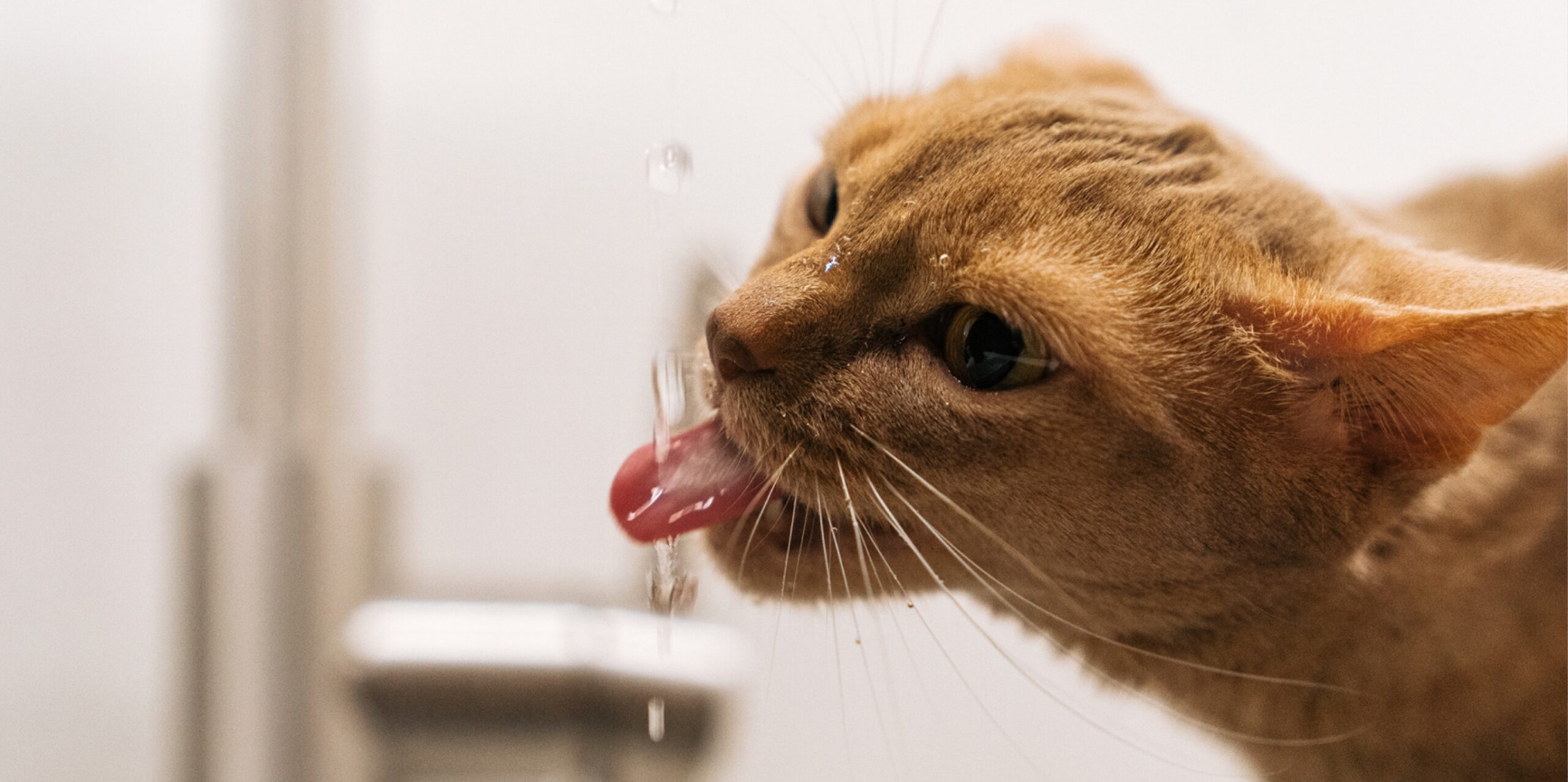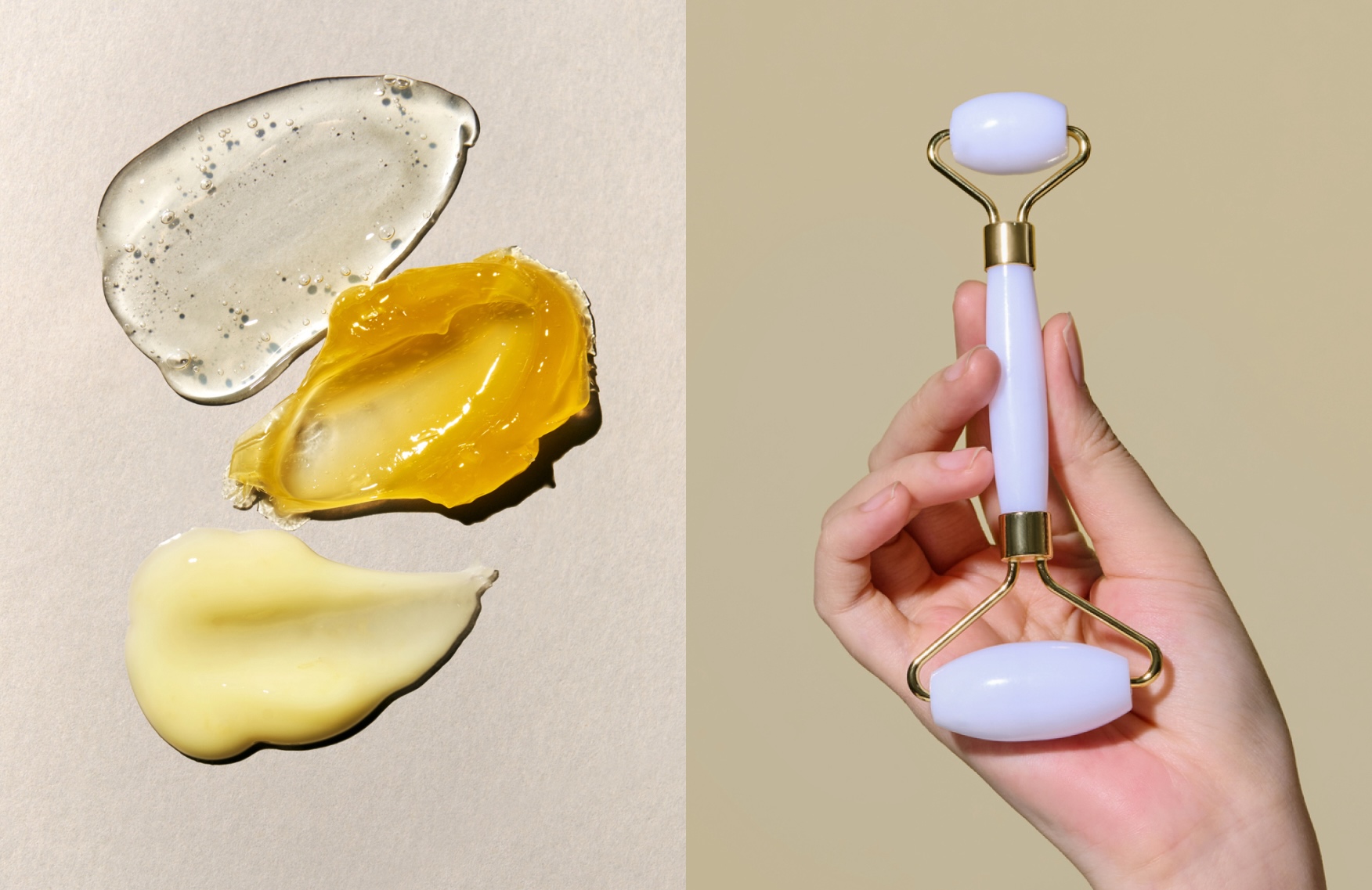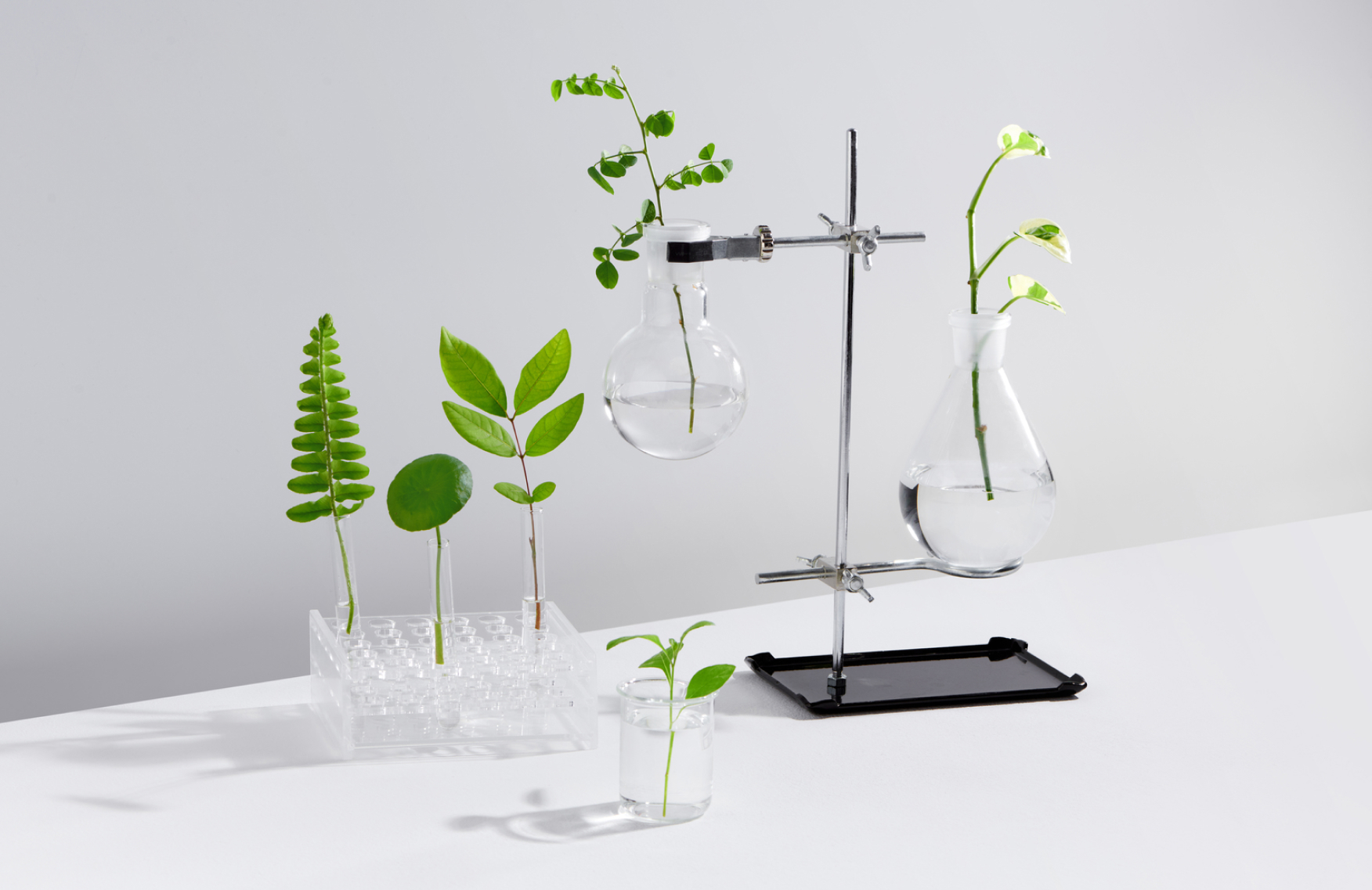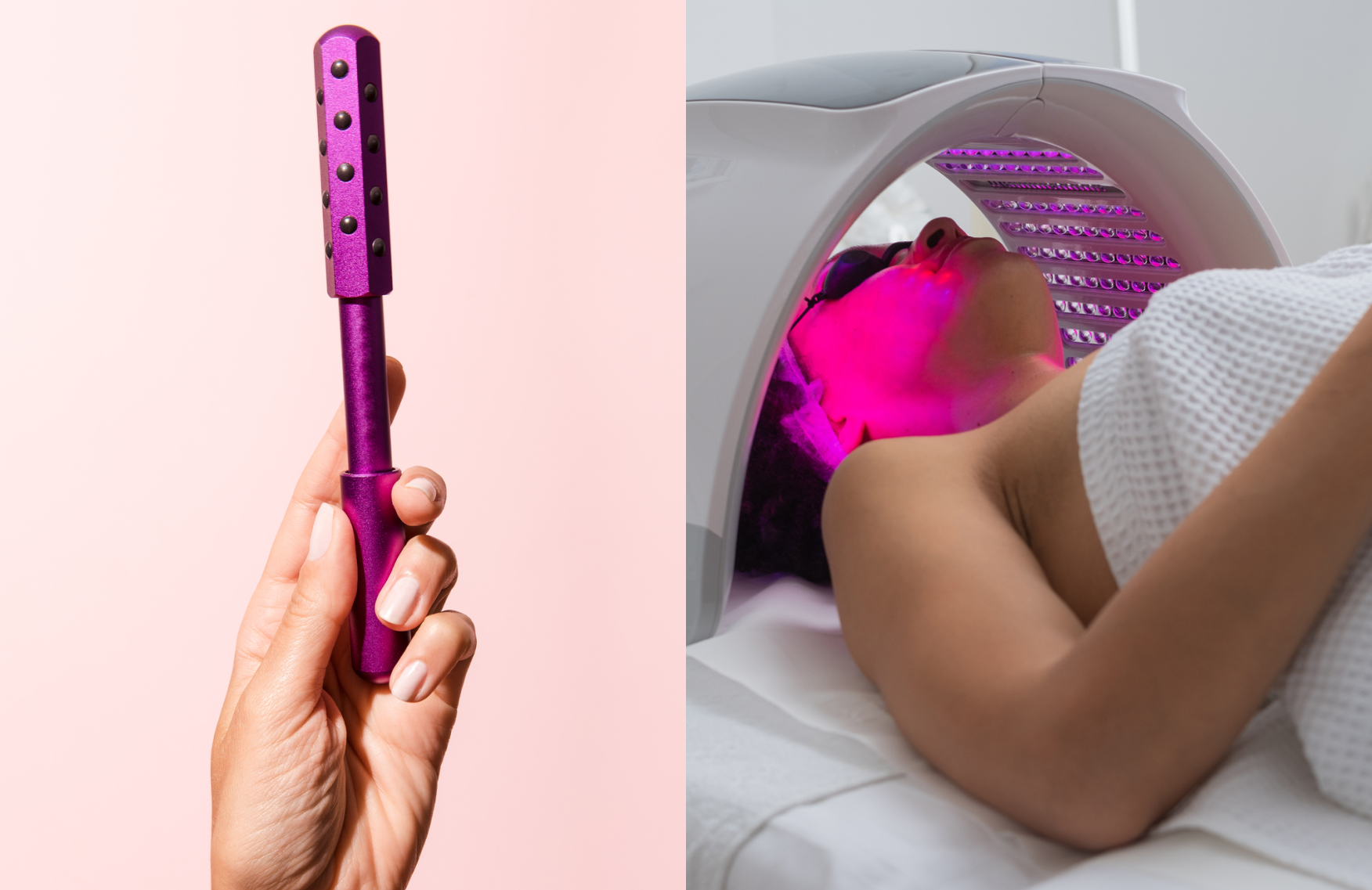Water wars: Is ‘raw water’ for real? Can chlorophyll water clear acne? A deep-dive into alternative H20s—and why you need to be *really* skeptical

Water is trending. Again. This precious resource of hydrogen and oxygen molecules has morphed into a myriad of health fads, marketed with taglines touting pH balance, mineral or electrolyte content and even the “terroir” it’s from. Yes, there are even water sommeliers.
And although staying hydrated is critical, you should proceed with caution before drinking up some of these alternative waters. From contaminant-filled to chlorophyll-spiked, here are some questionable (and in some cases, even outright dangerous) H20 fads that have cropped up recently.
Raw water: Efficacious or dangerous?
After the bottled water craze of the ’90s/aughts, we’ve come full circle with the raw water trend, aka water that’s untreated and unfiltered. Think: rainwater, water from lakes or ponds, or water from wells—plus, all the harmful contaminants that come with it, like bacteria, parasites and even radioactive particles (yes, really).
So, how did this primitive water become a thing? Like a lot of dubious lifestyle trends that have cropped up in recent years (we’re looking at you, biohacking), raw water appears to have been popularized by cohorts from Silicon Valley. Raw water supporters believe that sterilizing and purifying water removes natural minerals and probiotics that are vital for digestion, hydration, and ultimately a longer, healthier life. But at $16 for a 2.5 liter jug of the stuff, this trend appears to be lining the pockets of companies more than anything else, all the while causing potential serious danger to its consumers.
According to experts, the dangers of drinking untreated water far outweigh the potential benefits. According to the World Health Organization, microbiologically contaminated drinking water can transmit diseases such as cholera, dysentery, typhoid, polio and diarrhea, even leading to deaths every year. In short, raw water = definite no-go, like common sense is telling you.
Chlorophyll water: The disproven TikTok fad.
If you’re a devout follower of skinfluencers on social media, you’ve probably seen some reels extolling the virtues of chlorophyll water. And though your favorite influencer may claim it clears acne or helps with weight loss, there’s simply not enough evidence that the benefits are legit.
According to board-certified dermatologist Dendy Engelman, “It’s more likely that people taking part in this trend are seeing the benefits of drinking more water. Proper hydration helps with acne, keeps you fuller for longer and helps with fatigue. If anyone seems to be seeing results from drinking chlorophyll, it probably is a result of simply drinking more water.”
Bottled alkaline water: Waste of money or worth it?
The water aisle in your local supermarket is stocked with several brands of alkaline waters infused with minerals like calcium, magnesium and potassium. But is the addition of those minerals actually better for you than regular water? Unfortunately, the evidence is slim. The next time you’re considering purchasing alkaline water, know that the claims aren’t backed up by enough research yet to make it worth your hard-earned cash. While it won’t hurt you, it also won’t provide you with “bonus” hydration, help with digestion, or enhance your athletic performance.
Don’t fall for the hype—your sink is still the best form of hydration.
The good news? The clear winner of the recent water wars—and your best bet for a hydration fix—is flowing freely from your faucet. If you live in an area with less-than-desirable contaminant and toxin levels (you can check the EWG tap water database for a full report), consider investing in a reputable, reusable filter. Plus, with 481.6 billion plastic water bottles consumed across the globe in a single year, you can feel better about doing your part for the environment, too.
The views expressed in this article do not necessarily represent the views of Murad, and are for informational purposes only, even if the advice of physicians and medical practitioners are included. This article is not a substitute for professional medical advice, diagnosis or treatment, and should not looked be considered specific medical advice.
References for this information:
Martin Riese, Water Sommelier
BBC Worklife, June 2019
Forbes, February 2021
Medical News Today, February 2018
Vice, March 2020
World Health Organization, March 2022
Mayo Clinic, April 2022
Forbes, April 2019
Healthline, June 2020
Reuters, September 2019


